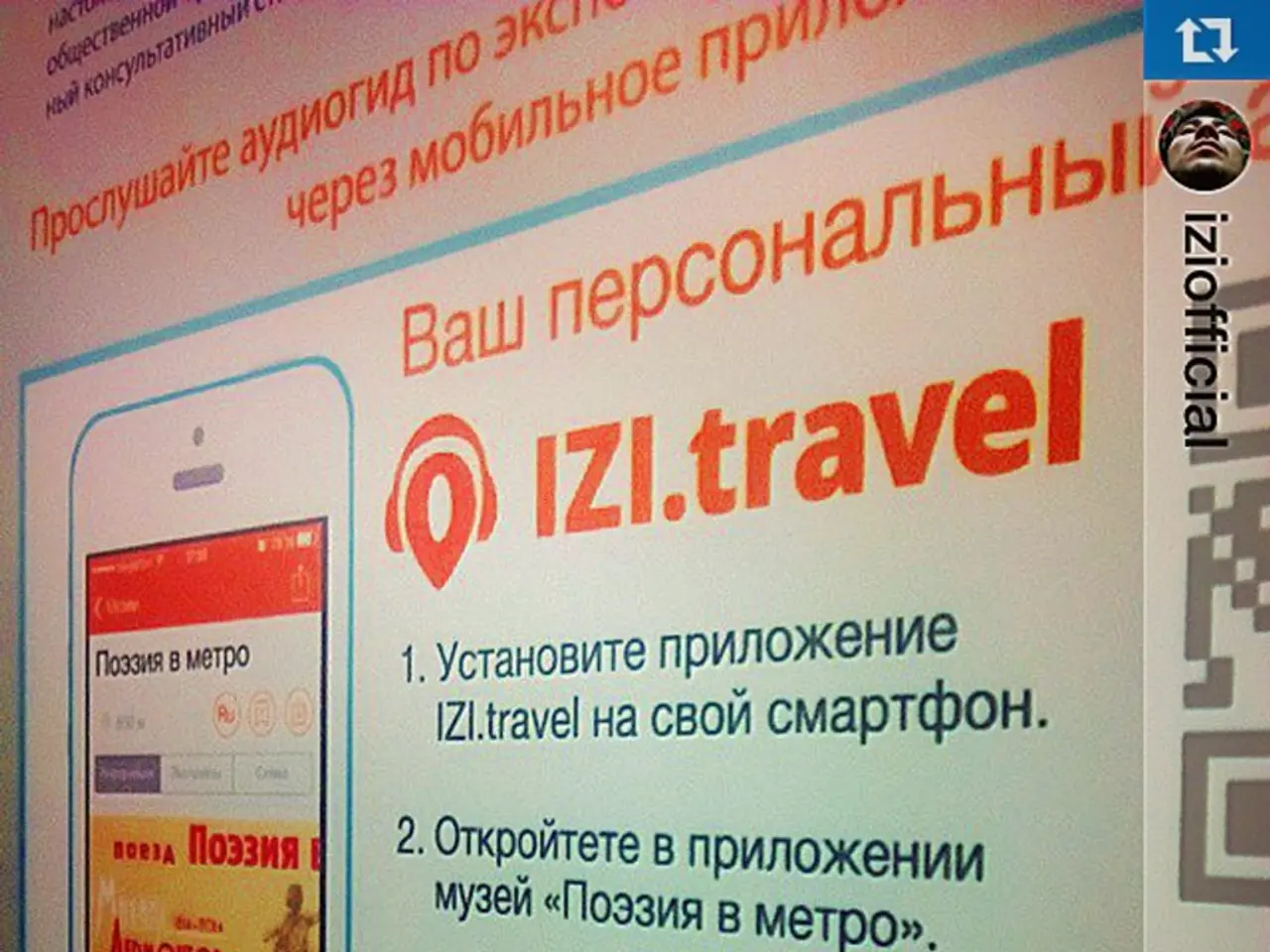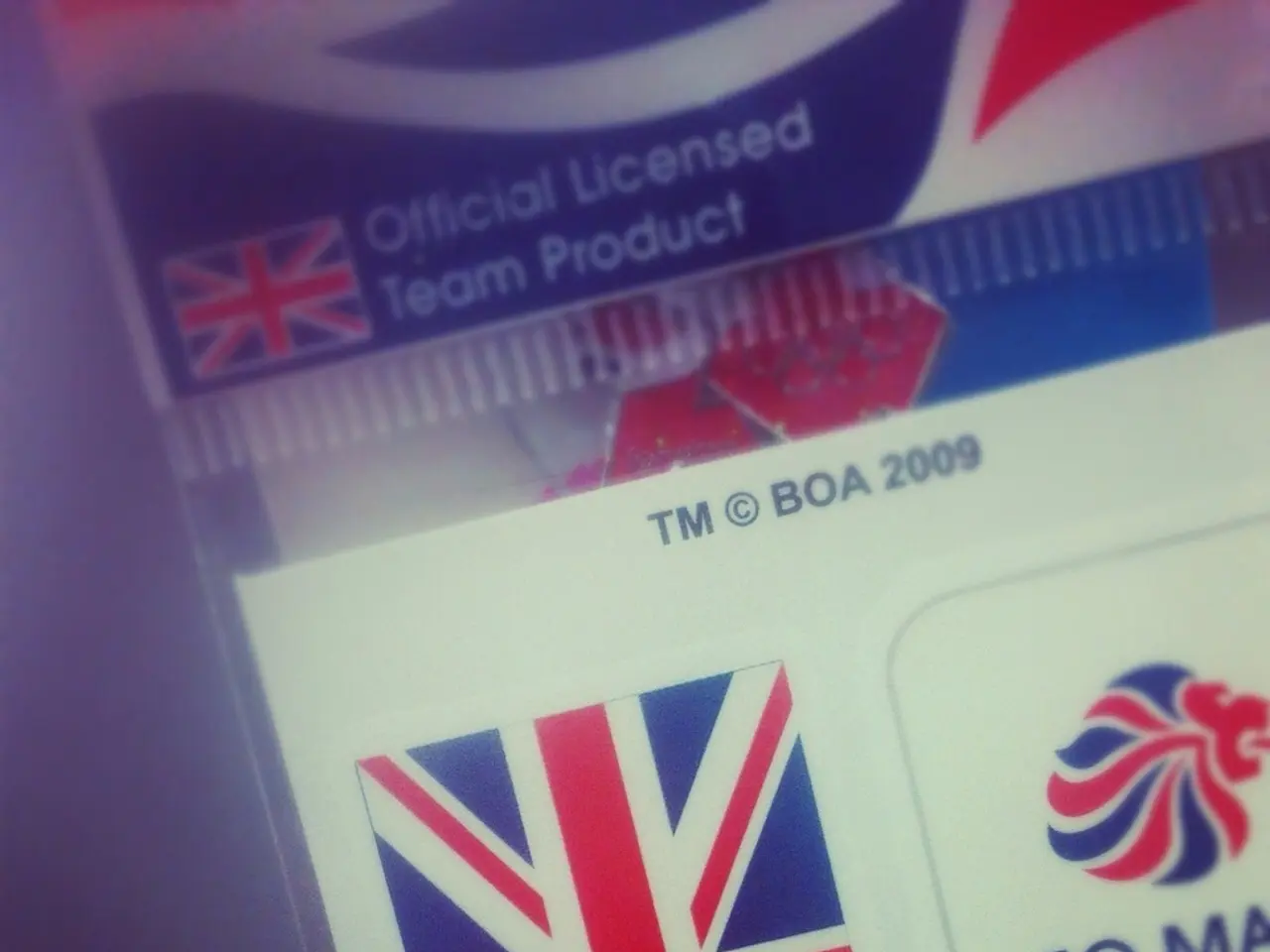Mergenegotiations between Grab and GoTo, two major players in Southeast Asia's digital economy, have hit a standstill due to growing antitrust concerns.
The proposed merger between Grab and GoTo Group in Indonesia is facing significant antitrust challenges, as Indonesia's antitrust agency, KPPU, begins investigations to identify potential risks posed by the deal[1]. The regulatory scrutiny is likely focused on the potential for market dominance and reduced competition, given that both Grab and GoTo are major players in ride-hailing, food delivery, and digital services in Southeast Asia.
Potential antitrust challenges include the dominance in ride-hailing and delivery markets. Combining two leading firms could reduce competition, potentially leading to higher prices, fewer choices for consumers, and barriers for new entrants. The impact on small and medium businesses is also a concern, as both platforms serve numerous merchants and drivers, and consolidation might reduce their bargaining power. Cross-sector influence is another concern, as both companies expand in fintech, logistics, and other digital economy sectors, raising concerns over ecosystem monopolization[1].
The merger could reshape the competitive landscape, potentially setting a precedent for further tech sector consolidations[2]. Efficiency gains and scale might accelerate innovation and improve service offerings, but this hinges on regulatory conditions imposed to protect competitive markets. The merged entity’s increased financial muscle (Grab reported $5.9 billion in liquidity and improving profitability) could fund deeper regional expansions, stoking growth in Indonesia’s and the broader region’s digital economy[3]. However, significant regulatory roadblocks in Indonesia could delay or alter the deal’s structure, influencing investor confidence and the pace of market consolidation[2].
The implications of the Grab-GoTo merger discussions stretch well beyond the two companies themselves. The competitive response could reshape the entire regional landscape into a more concentrated, strategically segmented environment. Larger, regionally integrated platforms may be better equipped to compete with dominant Chinese and Western tech giants, offering scale, capital access, and network effects that local players cannot achieve in isolation. As a result, Sea Limited may be compelled to accelerate its fintech expansion, deepen integration across its platforms, or pursue alliances/acquisitions to maintain its market share in response to a merged Grab-GoTo entity dominating ride-hailing, food delivery, and digital payments[1].
The regulatory review process in Indonesia differs significantly from other regional jurisdictions, particularly in terms of timing and process. The regulatory framework in Indonesia appears designed to prevent such market concentration, suggesting that approval would require extraordinary circumstances or substantial remedies. Without coordinated antitrust/competition frameworks and harmonised digital economy policies, consolidation risks entrenching monopolies and exacerbating inequality among ASEAN markets[3].
Recent regulatory rejections in Singapore and Taiwan could suggest that antitrust enforcement is becoming increasingly stringent across Southeast Asia, though the implications for Indonesia remain uncertain. Divergent approaches to platform consolidation among ASEAN member states risk fragmenting the region's digital economy and undermining integration efforts[2]. Such concentration levels would represent unprecedented consolidation in Indonesia's digital economy, with significant implications for regulatory approval prospects.
The prevailing legal framework remains focused on substantive issues, whether a transaction gives rise to market dominance or results in anticompetitive effects, rather than the nationality of ownership. GoTo's 73.9 percent foreign ownership appears unlikely to present additional regulatory barriers from a competition law perspective. KPPU conducts merger reviews on a post-transaction basis, lacking the authority to assess or block a merger prior to its completion, unless the parties voluntarily engage in a pre-merger consultation[1]. Indonesian competition law does not explicitly recognize the 'failing firm' defense, making it unlikely that financial distress alone would justify a lenient antitrust treatment[1].
In summary, Indonesia’s antitrust agency scrutiny reflects concerns about reduced competition and market dominance if Grab and GoTo merge, which could reshape Southeast Asia’s digital economy by concentrating power in a single major entity while potentially driving efficiency and growth[1][2][3]. The ultimate impact depends on regulatory decisions balancing competition and innovation.
The potential antitrust challenges in the Grab-GoTo merger include concerns over market dominance in the ride-hailing and delivery sectors, which could lead to reduced competition, higher prices, fewer choices for consumers, and barriers for new entrants. The merged entity could also wield significant influence in technology sectors, such as fintech, logistics, and other digital economy areas, potentially leading to ecosystem monopolization.




